|
Klout was a social media tool that helped online influencers measure their influence in the virtual world. It was bought for $200 million by a company called Lithium in 2014. It targeted the most popular social media platforms such as twitter, instagram, linkedin and youtube and provided you with an influencer score. The higher the score, the more influential you were likely to be. As of the 25th of May, Klout was retired. This co-incided with the timing of the new European Union, General Data Protection Regulation (GDPR) laws. These came into force on the same date. So why did Lithium retire Klout? It really boils down to return on investment. Lithium bought the people, intellectual property and the technology, to help them inprove their products. They specialise in creating products that improve your business customer service, via social media channels. Understanding the influence and pervasiveness of a brand, was crucial to their strategy, and Klout provided this service. This allowed Lithium to acquire talent and knowledge. In addition, Klout does not provide an obvious or known revenue stream for Lithium, as it's a free tool. It's a similar problem that Facebook and Twitter had faced in the past, until they utilised advertising and promotion as a means of making revenues. Finally GDPR is complex legislation with a heap of complexities associated with it. Let's provide some real examples using Klout: Klout is used by millions of social media users around the world. A proportion of them live in the EU, which consists of 28 separate countries. That means Lithium would need to comply with the GDPR legisation. This would include some key investments in the Lithum business to comply with GDPR. Here are some examples:
https://www.alctraining.com.au/blog/what-is-gdpr/ The great news for social media influencers, like myself, is that there are 2 viable alternatives to Klout: Kred www.go.kred/?_ga=2.230454108.133662099.1527544788-1662686162.1527021072 Skorr www.skorr.social/ Kred appears to be better known and scores both influence and outreach using a publicly available algorithm. "Influence" measures the likelihood that someone will act upon the user's posts, and "Outreach" measures the user's tendency to share other people's content. Independent information around Kred is available here: https://en.wikipedia.org/wiki/Kred_Influence_Measurement The way in which Kred scores a user can be seen the following screenshot which shows how it allocates the metrics for influence and outreach. This information is available when the user logs in and provides an audit trail of how the scores have been calculated: Unfortunately I've not been able to log in to my Kred account. I wanted to check that these audit records are being created and validate that it provides transparency. I'm simply greeted with an OAUTH error every time I attempt to use my Twitter or LinkedIn accounts. No response to emails but a very positive response via Twitter outlining to me and my fellow influencers, that they'll fix it in their new Kred 2.0 version to be released on 11 June 2018. Many of the influencers in the chat had similar error to myself. You can get check out the live chat here: twitter.com/MusicComposer1/status/993675262050033670 Another upside to Kred, is that there is open API integration into the platform. Which means third pary companies that wish to use the data, can do so. Here is a great example of how Kred is being used by Rise.Global to create social influencer charts. Unfortunately for me, my ranking was better with Klout than Kred: Skorr although not as well known, really impressed me with the downloable Android app, that is a work of art in itself. Very easy to use. No problems with OAUTH or login and a few really awesome features in the app. My favourite is the chart which shows where you are in terms of score in relation to your fellow influencers. As you can see I have some catching up to do.... It also includes a really great FAQ that answers many of my questions, around how the app scores you. You can see the FAQ here: skorr.social/newsroom/media-info/SKORR-FAQ_v0051.pdf The only downside, seems to be from a developer perspective, as the APIs are not available for general use. This means it can't be used by 3rd parties. You could argue that is a good thing, if you don't want your score to be used autonomously in an app. Or a bad thing, if you want to see how you rate against other influencers in a 3rd party charting system. Overall I believe in open APIs, so I see this as a downside for the world of influencing.
Interesting in learning more about social media scoring, GDPR or cloud security, please feel free to check out my portfolio of cloud training courses at ALC Training: www.alctraining.com.au/courses/cloud-computing/
0 Comments
The European Union EU) adopted a new law in 2016. It affects every company with customers residing in the EU. It comes into force on 25th May 2018, which is just over a week away. It is called the General Data Protection Regulation, or GDPR for short. But what does it mean, and should companies be worried? Firstly it address a number of key areas around the privacy of data to EU citizens, in relation to the storage, processing and handling of personal data. Personal data includes data that can identify the individual directly. This can include the following:
I've simplified and summarised the key points of the GDPR legislation below:
The overall effect is to provide improved protection for EU citizens and to unify the laws across the EU. This puts onus on those businesses, including the cloud providers to ensure that data is processed fairly and in accordance with the law. There are a number of sanctions that can be enforced, depending on the nature of the breach:
So what should companies do? Firstly they need to seek legal advice from an expert in European Union law to understand the potential impacts and next steps. Next steps are to perform an audit of their business processes and how they store data to understand their current state. Then they need to perform some analysis on the law, with their legal expert to interpret the law and create a series of overarching requirements. These requirements then need to be solidified into a series of solutions. Here is a great example of how market-leading SaaS cloud provider Xero, are approacing their GDPR obligations in relation to their financial accounting package: It's so important in all this work to ensure that the IT, security, legal and business departments are all working together closely to work through the issues and implement the solutions.
Want to know more about how you can secure your data and ensure you are following the latest best practices? Consider taking a Certified Cloud Security Professional certification, leading to an ISC2 examination. I'd be glad to coach you through your questions and help expand your knowledge of all things security: www.alctraining.com.au/course/ccsp-certified-cloud-security-professional/ 1 - Find some talented Social Media performers by using Google or Twitter that are relevant to your areas of interest, e.g. #Cloud and follow them. Learn how they use social media. 2 - When starting out...keep all posts optimistic, open, engaging and fun. Negativity will scare off followers. Especially when you are starting out, as it's difficult to establish a following initially. 3 - Be patient. Growing followers takes a lot of time of energy. Articles and marketeers that brag about how they have tips to allow you to gain 10,000 followers are month are b*ll**it. Humans take time to trust others in face to face relationships involving hours of interactions. Social media provides at most a few minutes of interaction per day or even per week. 4 - Focus on gaining engaged followers. You want people to follow you who are genuinely interested in what you have to offer the word...otherwise it's false and all meaningless. You wouldn't blindly make friends with just anyone in a party...so why would social media be any different. 5 - Be yourself...or at least there is no need to be completely false. Sure we all have different personas for different things, I,e. Work, family, friends, music, etc... but stay true to who you are, what you believe in and what you stand for. Be yourself, be original and create your own unique voice in the world.
|
CategoriesAll Active Directory AI Architecture Big Data Blockchain Cloud Comedy Cyber DevOps Driverless Cars MicroServices Office 365 Scaled Agile Social Media AuthorPaul Colmer is an AWS Senior Technical Trainer. Paul has an infectious passion for inspring others to learn and to applying disruptive thinking in an engaging and positive way. Archives
May 2023
|

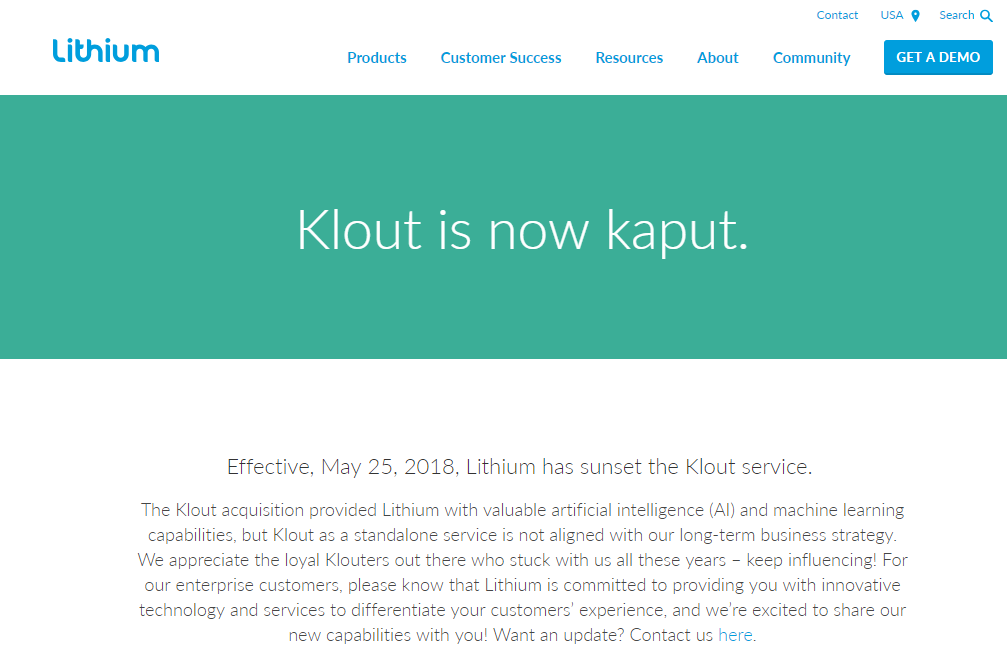
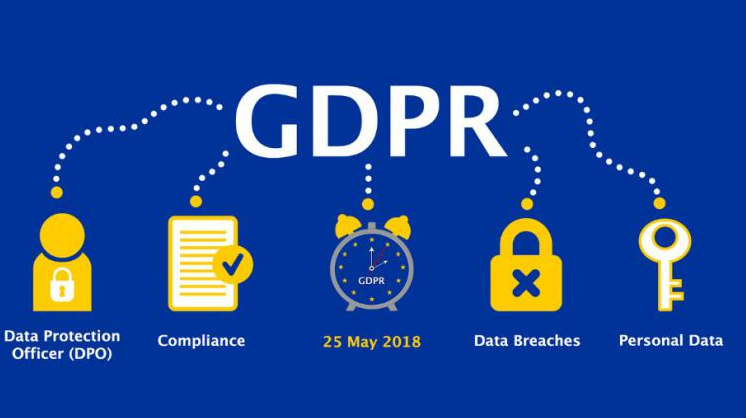

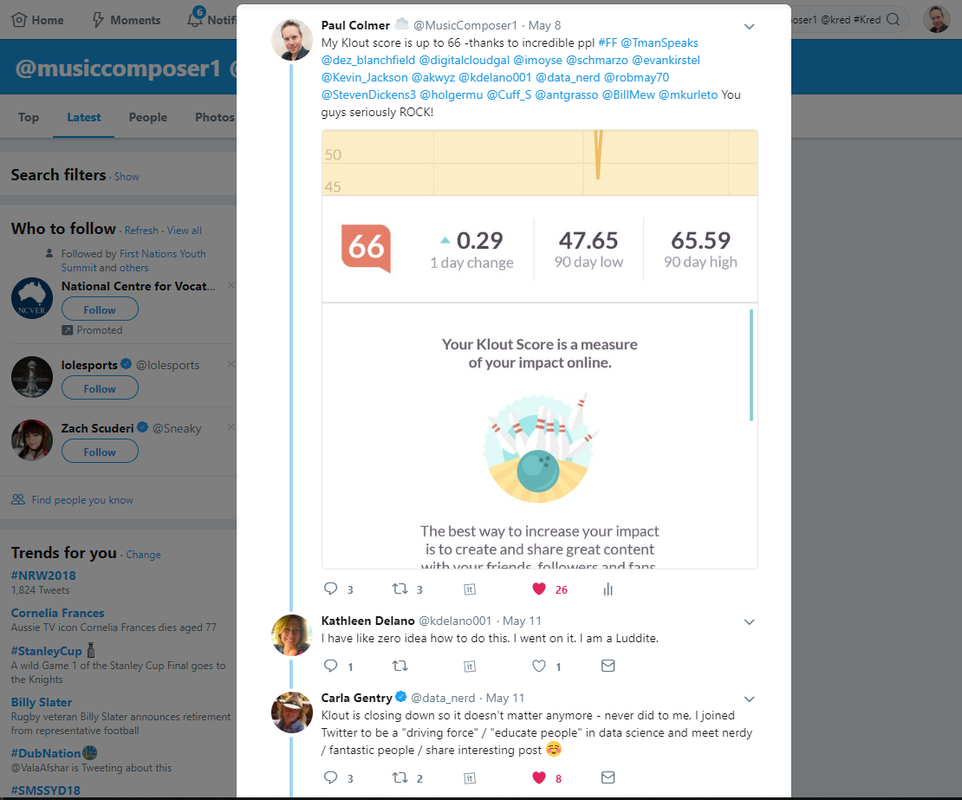
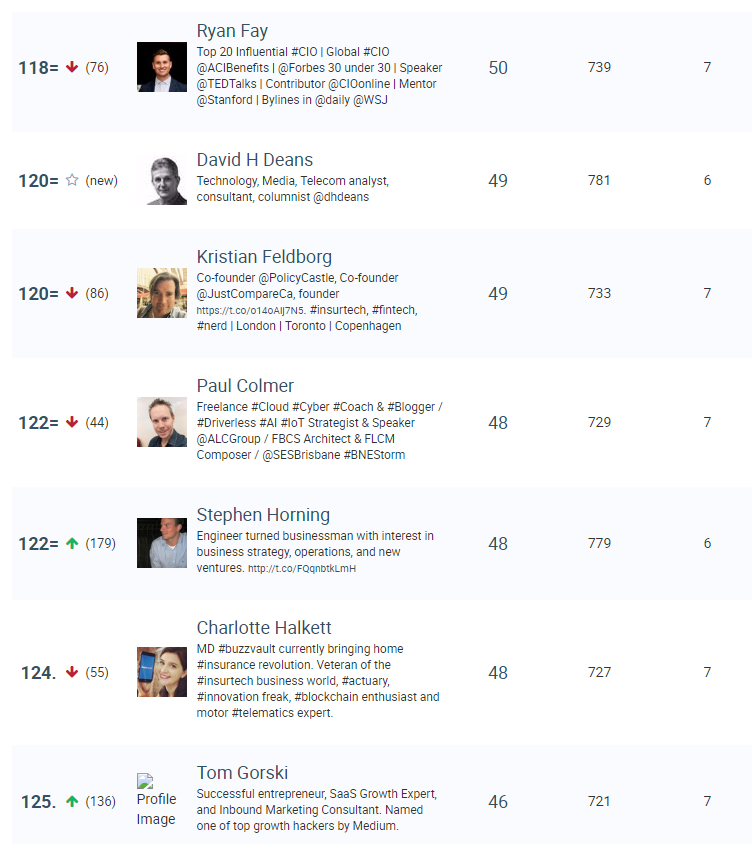



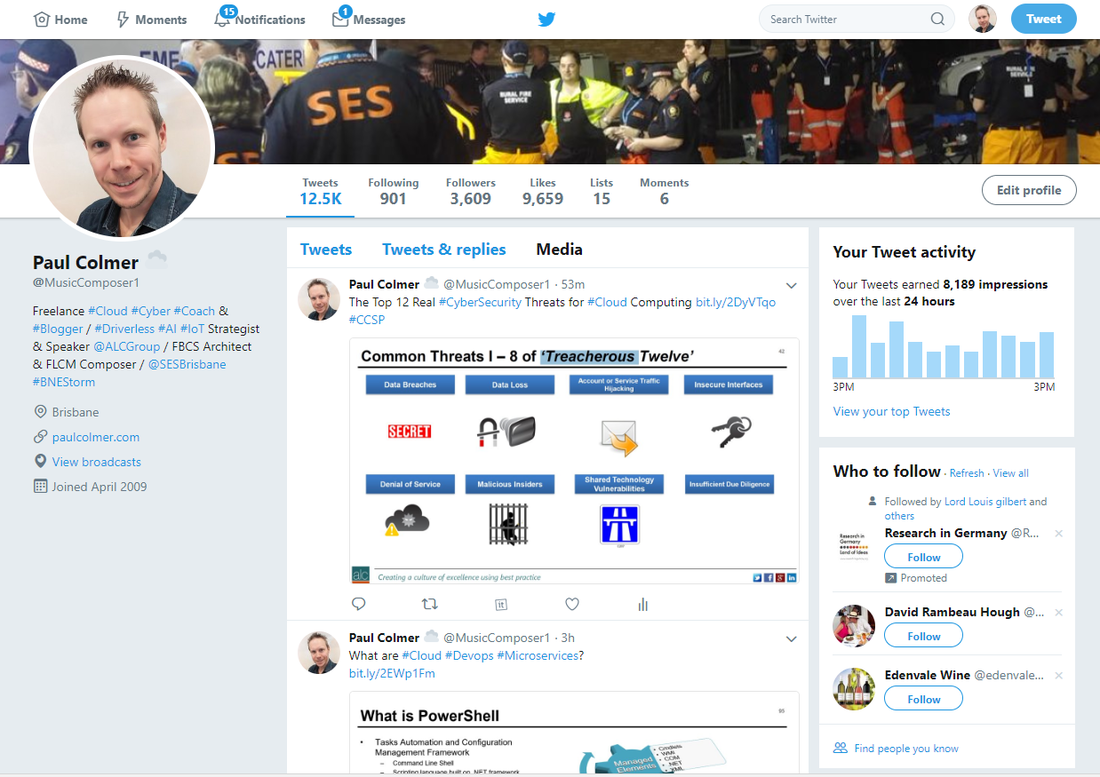
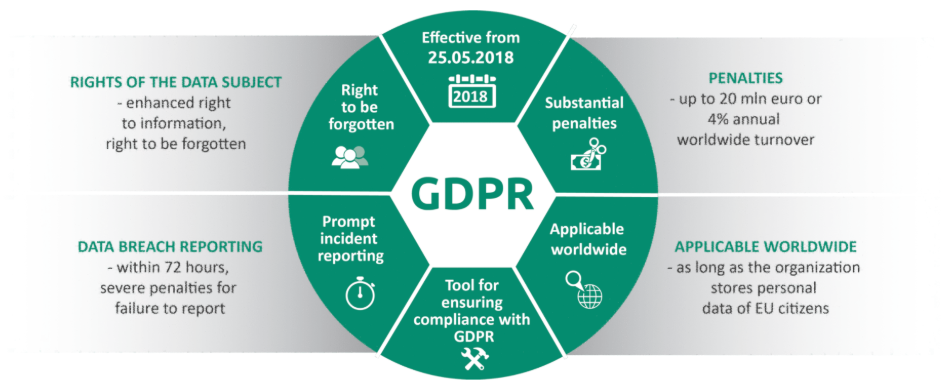
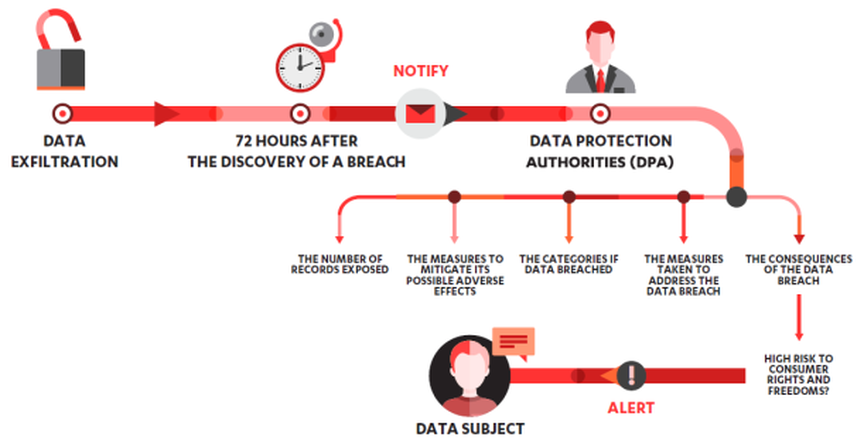
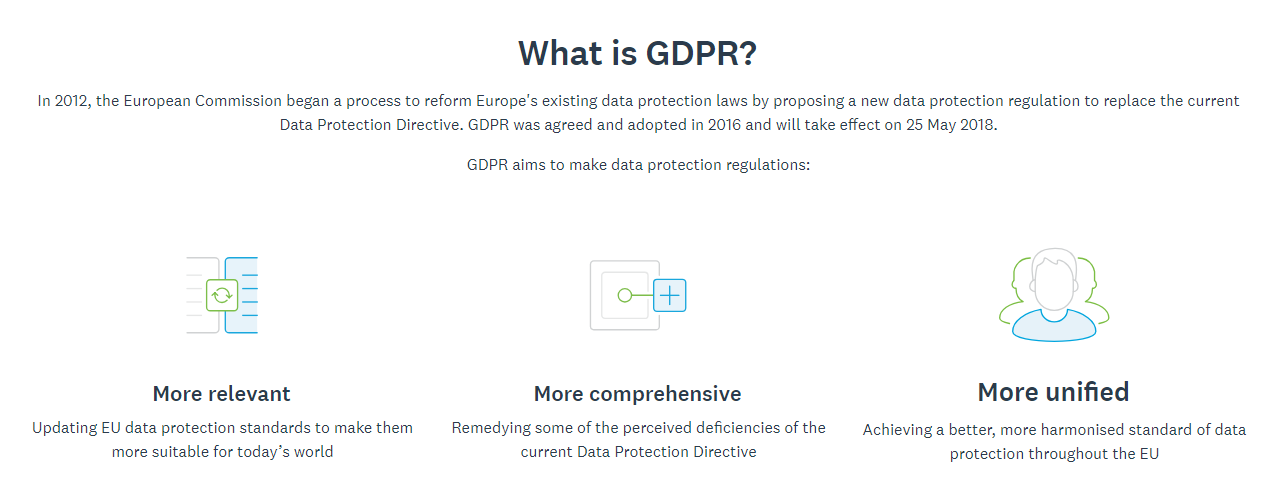
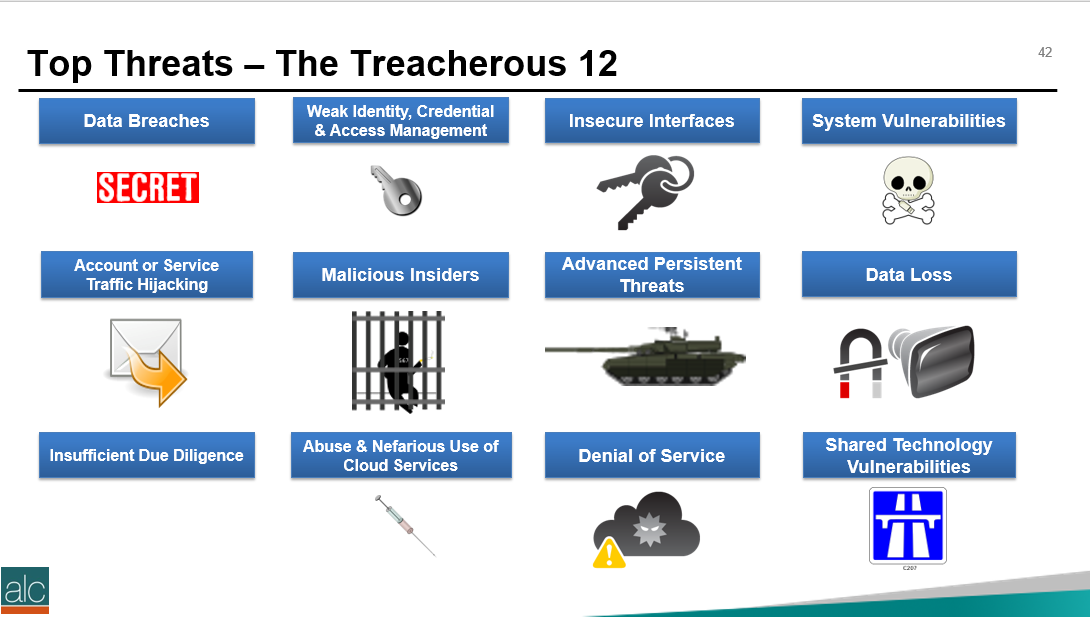
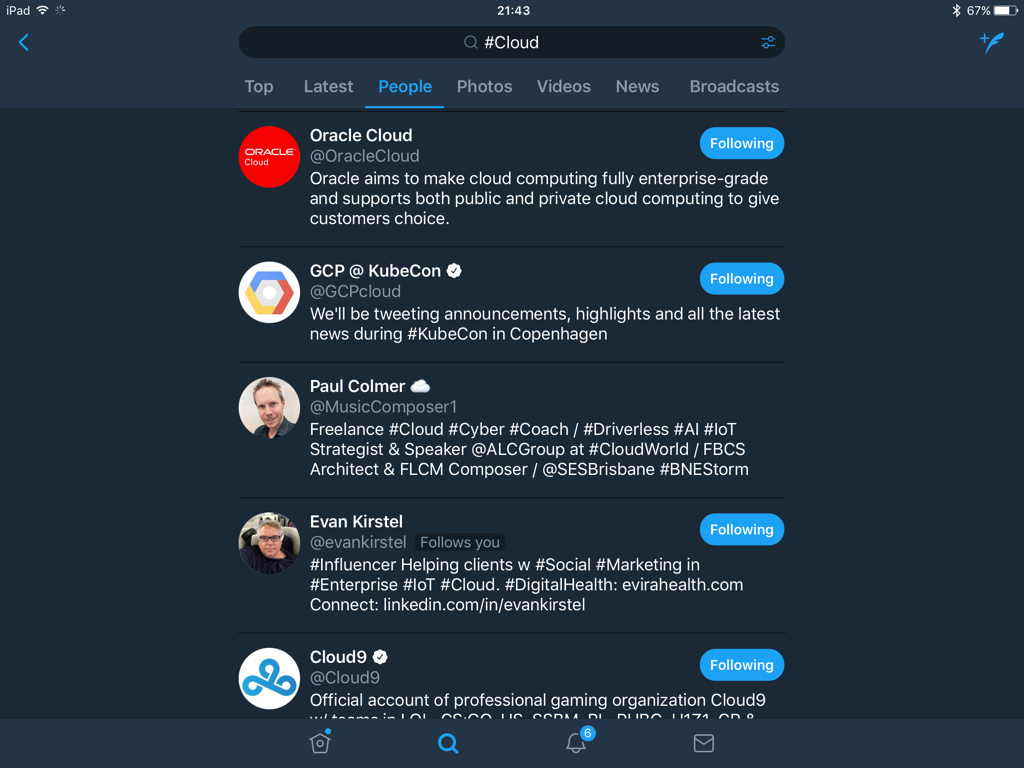

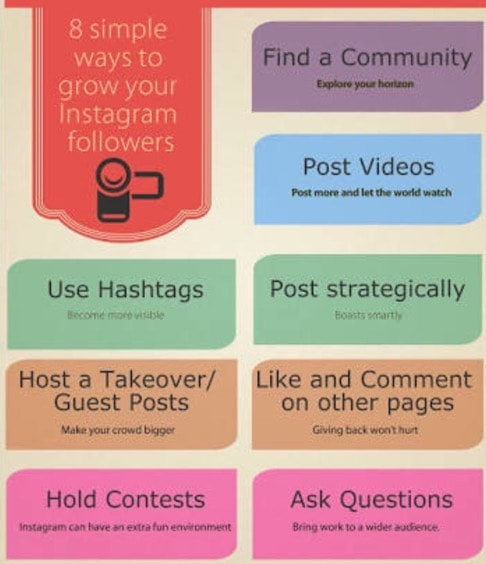



 RSS Feed
RSS Feed